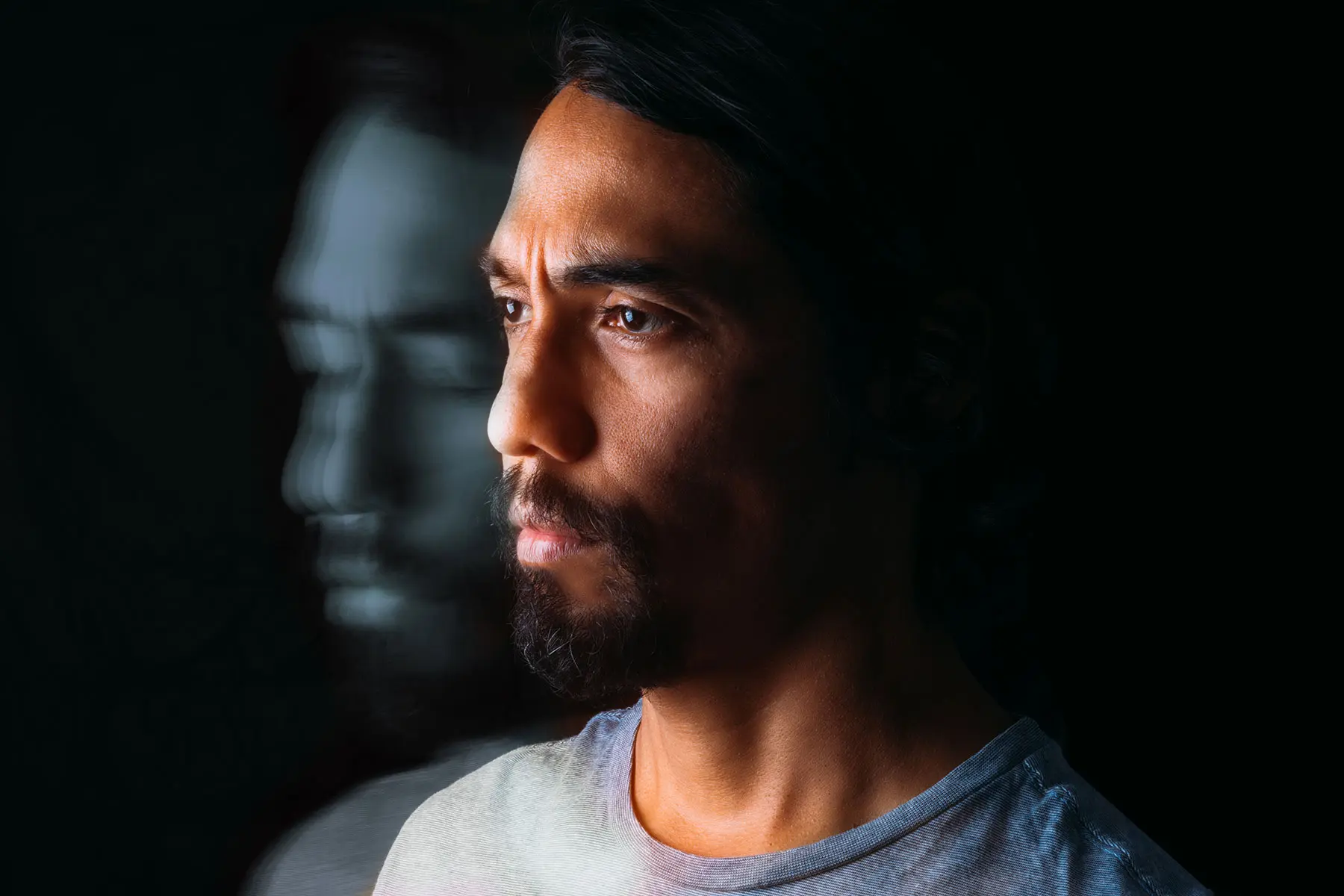Are you wondering what is schizoaffective disorder? Schizoaffective disorder is often confused with schizophrenia. However, these are two distinct mental health conditions, each of which can have considerable consequences for those affected. Individuals with untreated schizoaffective disorder are at high risk for addiction, self-harm, and suicide. Schizoaffective disorder and schizophrenia are psychotic disorders with similar symptoms, but understanding the differences between the two is critical for effective treatment. A schizoaffective disorder treatment program in Florida can provide an accurate diagnosis and corresponding treatment.
At Harmony Hills, we understand that because schizoaffective disorder has symptoms of schizophrenia and bipolar disorder, the process of receiving a proper diagnosis can be long and frustrating. Find out how the mental health professionals at Harmony Hills can help. Reach out to us at [855.494.0357].
What Is Schizoaffective Disorder?
Schizoaffective disorder is a mental health condition characterized by symptoms of schizophrenia, including delusions and hallucinations, and symptoms of bipolar disorder, including mania and depression. The prefix “schizo” refers to the psychotic effects impacting a person’s thinking, perceptions, and self-awareness. The suffix “affective” refers to extreme mood swings and changes in energy and behavior.
There are two types of schizoaffective disorder, both of which include some symptoms of schizophrenia:
- Bipolar type, which includes episodes of mania and sometimes major depression
- Depressive type, which includes only episodes of major depression
Though individuals with schizoaffective disorder can exhibit common symptoms, the way it presents is unique to each individual and their circumstances. Though schizoaffective is rare, impacting less than one percent of the United States population, it is one of the most common psychotic disorders. Women are more likely than men to have schizoaffective disorder.
Schizoaffective Disorder Bipolar Type
Schizoaffective disorder bipolar type is characterized by periods of both mania and schizophrenia symptoms. Mania is a state of extreme energy, heightened mood, and erratic behavior. Symptoms of mania include:
- Increased impulsivity
- Grandiosity
- Decreased need for sleep
- Racing thoughts and speech
- Distractibility
Symptoms of schizophrenia in the bipolar type of schizoaffective disorder include delusions, hallucinations, disorganized thinking and speech, and lack of insight into one’s own mental state.
Though treatment for schizoaffective disorder bipolar type can vary depending on individual circumstances, it often includes medication to manage symptoms and psychotherapy. Individuals with this type of schizoaffective disorder need to work closely with a mental health professional to find the right combination of treatment for their unique needs.
Concerns with Schizoaffective Disorder
Due to this disorder’s distressing and debilitating symptoms, especially when left untreated, the suicide rate among people with schizoaffective disorder is high. Other common effects of untreated schizoaffective disorder include:
- Difficulty functioning at work, school, or in social situations
- Conflict in interpersonal relationships
- Financial instability
- Development of other mental health disorders
- Substance abuse or addiction
- Self-harm
Individuals with schizoaffective disorder usually require assistance and support with daily living activities. Treatment can help manage symptoms and provide a better quality of life.
Recognizing the Signs and Symptoms of Schizoaffective Disorder
The signs and symptoms of schizoaffective disorder can range from mild to severe and vary from person to person. Because the signs and symptoms mirror those of other mental health conditions, proper diagnosis can take time and be challenging. For the individuals affected and their loved ones, this can be a confusing and frustrating process.
There are behavioral, cognitive, psychosocial, and physical symptoms. Following is a look at each:
- Behavioral symptoms – Impaired occupational functioning, catatonia, mutism, disordered behaviors, difficulty in social situations, self-harm, suicide attempts
- Cognitive symptoms – Inability to focus, difficulty concentrating, disorganized thinking, delusions, hallucinations, paranoia, racing thoughts, poor insight
- Psychosocial symptoms – Depressive episodes, anxiousness, suicidal thinking, decreased motivation, extremely high or low self-esteem, manic episodes
- Physical symptoms – Disrupted sleep habits, flat affect, changes in eating habits, significant weight gain or loss, poor hygiene
The exact causes of schizoaffective disorder are unknown, but genetics seems to play a substantial role. Individuals with schizoaffective disorder frequently struggle with drug and alcohol abuse and addiction.
Discover Schizoaffective Disorder Treatment in Florida
Harmony Hills has a schizoaffective disorder treatment program in Florida to help you understand your diagnosis and how it impacts your life. Comprehensive schizoaffective disorder treatment includes:
- Medication management
- Life skills training
- Individual therapy
- Group therapy
- Family therapy
- Trauma therapy
- Cognitive-behavioral therapy
In our residential treatment program for mental health disorders, you will receive individualized treatment designed to meet your unique needs in a safe and supportive environment. We provide compassionate, evidence-based, holistic care to help you recognize your strengths and overcome your challenges.
Contact Harmony Hills for Schizoaffective Disorder Treatment
There is no cure for schizoaffective disorder, but you can learn to manage your symptoms to work, have healthy relationships, and lead a happy and meaningful life with appropriate treatment. Contact Harmony Hills to learn more about your options for schizoaffective disorder treatment. Call [855.494.0357] or use our online form.







